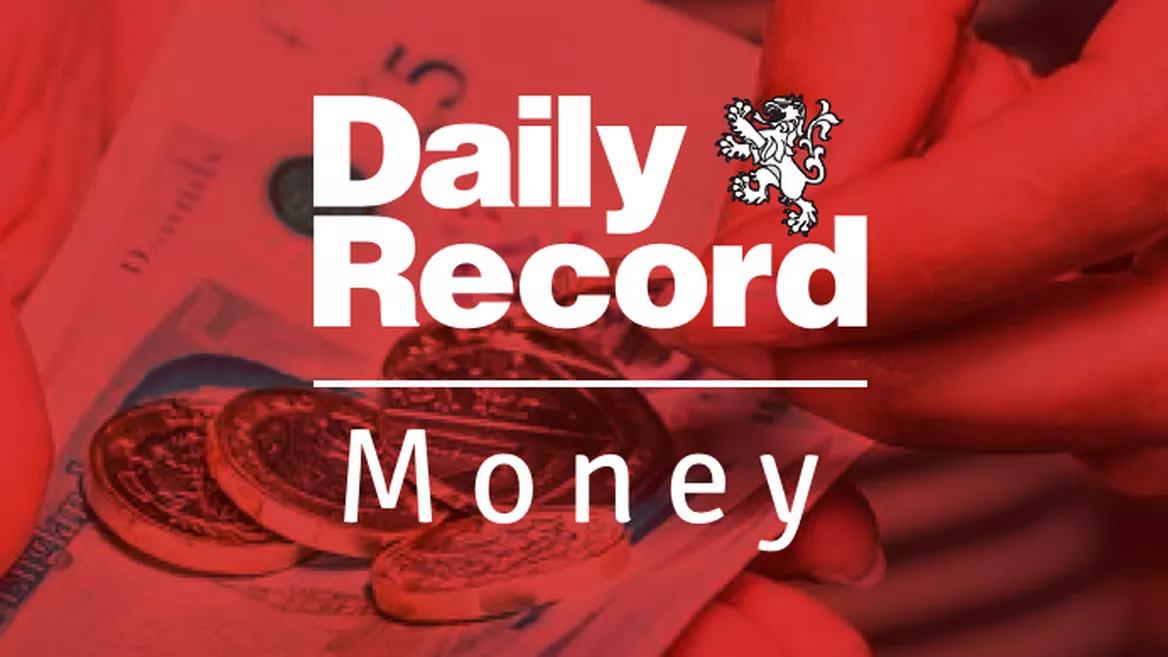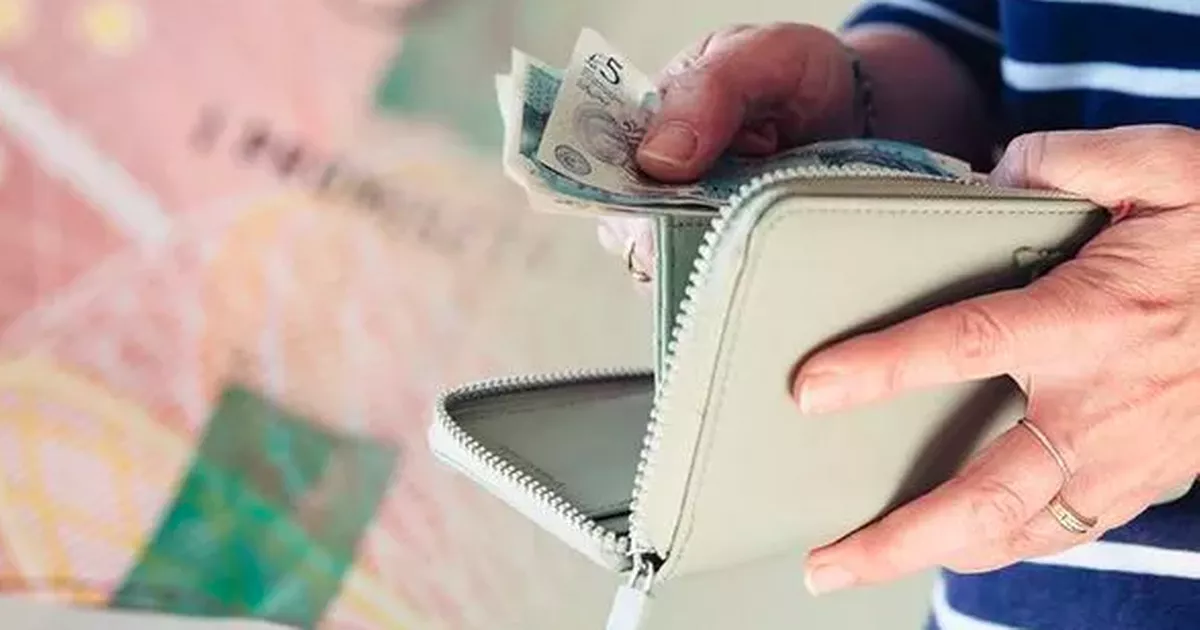Pensioners will see an increase of up to £574 next year under the Triple Lock.
Millions of older people are on track for a significant State Pension pay rise next April after the final piece of the Triple Lock puzzle was recently put in place by the Office for National Statistics (ONS). The Consumer Price Index (CPI) figure for September was 3.8 per cent, which means the New and Basic State Pensions will rise under the earnings growth measure of 4.8 per cent.
Under the Triple Lock the New and Basic State Pensions increase each year in-line with whichever is the highest between the average annual earnings growth from May to July (4.8%), CPI inflation rate in the year to September (3.8%), or 2.5 per cent. Additional State Pension elements and deferred State Pensions rise each year with the September CPI figure.
An increase of 4.8 per cent will see those on the full New State Pension receive £241.30 per week, while those on the maximum Basic State Pension would receive £184.90 per week.
READ MORE: New State Pension update for thousands of people missing out on annual payment riseREAD MORE: Pensioners with any of these 48 health conditions could be due up to £441 every month
It’s important to remember that the amount of State Pension someone receives depends on their National Insurance contributions. To receive the full New State Pension you need around 35 years’ worth, but this may differ if you were ‘contracted out’.
The full New State Pension will increase by around £574 from April 2026 – lifting it to £12,547 per year. The uprating leaves just £36 before the Personal Allowance income threshold of £12,570 is exceeded which would see more pensioners pay tax in retirement.
The Labour Government confirmed earlier this year that the Personal Allowance will remain frozen at £12,570 until April 2028.
Commenting on the September CPI figure, Helen Morrissey, head of retirement analysis at Hargreaves Lansdown, said: “The inflation figure means the final piece in the Triple Lock puzzle has slipped into place with average wages outstripping today’s inflation reading. With inflation remaining unchanged in September at 3.8 per cent, it means that average wage data is putting pensioners in line for a 4.8 per cent increase from April.
“However, people on the Basic State Pension will not receive the full Triple Lock increase on their entire pension payment. While the base payment rises in line with the Triple Lock, additional payments such as the additional State Pension will rise in line with inflation so those elements will increase by 3.8 per cent next year.
“These increases are not yet set in stone – we will need to wait for the Budget for confirmation. This will be another piece of data to be considered as part of the ongoing review into State Pension age.”
She added: “Recent data shows the number of people living until their nineties – and even longer – has soared and the UK Government needs to consider how to balance the costs of State Pension with the burgeoning pensioner population.
“We won’t hear back from the review for some time, but we could see further increases to the State Pension age put on the table. We will also see increased debate as to the long-term viability of the Triple Lock. The UK Government had pledged to keep it in place for the remainder of this Parliament but longer term we could see changes on the horizon.”
Steven Cameron, Pensions Director at Aegon, said: “This should be good news for pensioners, representing an increase of 1.0 per cent above inflation, providing a welcome boost to pensioner purchasing power from next April.
“However, while the Labour Government did commit to retain the Triple Lock, we do still need to wait for formal confirmation of the increase by the Secretary of State for Work and Pensions. We’re fast approaching the Autumn Budget, with the Chancellor already signalling difficult decisions ahead.
“The Chancellor has continually emphasised she wants to support ‘working people’. And as the State Pension is ‘pay as you go’ rather than funded, it’s today’s workers through taxes and National Insurance who pay for today’s State Pensions. Every 1 per cent increase in the State Pension costs around £1.1 billion a year for all future years.”
Chancellor Rachel Reeves will confirm the annual uprating at the Autumn Budget on November 26. An uprating of 4.8 per cent on the current State Pension would see people receive the following amounts.
Full New State PensionWeekly: £241.30 (from £230.25)Four-weekly pay period: £965.20Annual amount: £12,547Full Basic State PensionWeekly: £184.90 (from £176.45)Four-weekly pay period: £739.60Annual amount: £9,614State Pension and tax
Guidance on GOV.UK states: “You pay tax if your total annual income adds up to more than your Personal Allowance. Find out about your Personal Allowance and Income Tax rates.
Your total income could include:
the State Pension you get – Basic or New State PensionAdditional State Pensiona private pension (workplace or personal) – you can take some of this tax-freeearnings from employment or self-employmentany taxable benefits you getany other income, such as money from investments, property or savingsCheck if you have to pay tax on your pension
Before you can check, you will need to know:
if you have a State Pension or a private pensionhow much State Pension and private pension income you will get this tax year (April 6 to April 5)the amount of any other taxable income you’ll get this tax year (for example, from employment or state benefits)
You cannot use this tool if you get:
any foreign incomeMarriage AllowanceBlind Person’s Allowance
Use this online tool at GOV.UK to check if you have to pay tax on your pension. The full guide to tax when you get a pension can be found on GOV.UK here.
 Get the latest Record Money news
Get the latest Record Money news
Join the conversation on our Money Saving Scotland Facebook group for money-saving tips, the latest State Pension and benefits news, energy bill advice and cost of living updates.
Sign up to our Record Money newsletter and get the top stories sent to your inbox daily from Monday to Friday with a special cost of living edition every Thursday – sign up here.
You can also follow us on X (formerly Twitter) @Recordmoney_ for regular updates throughout the day or get money news alerts on your phone by joining our Daily Record Money WhatsApp community.

